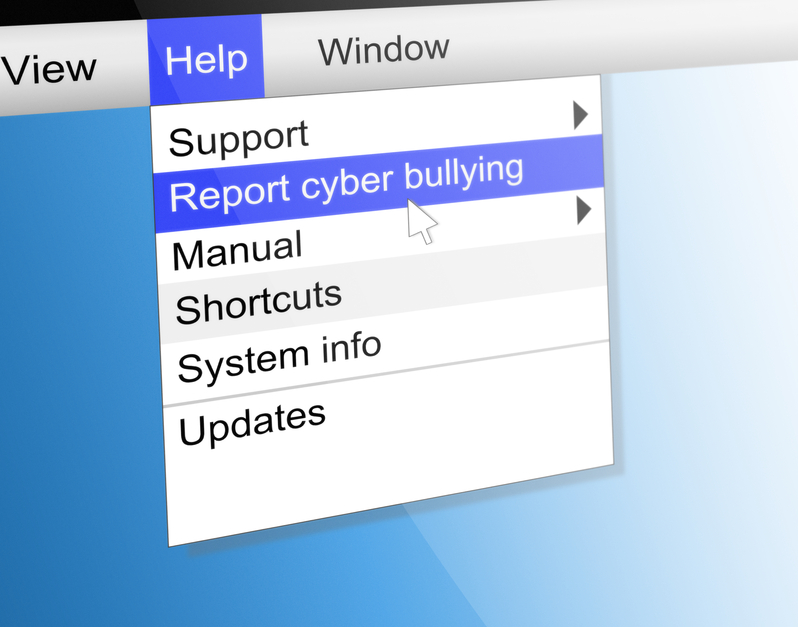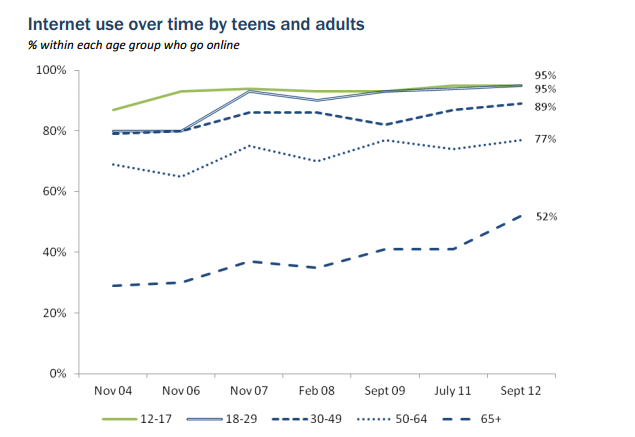To hear your child tell it, she is the only middle-schooler on the planet without her own social networking account. While Facebook sets the minimum age at 13, there is no realistic way for them to screen out younger children who fudge their ages, and Twitter has no age restrictions in place. For parents in the digital age, it is growing increasingly harder to toe the hard line against no Twitter or Facebook for kids. How can you set reasonable rules regarding the popular sites?
Identify the Issues
What are your prime concerns about allowing your tween or teen online? Are you worried that oversharing of personal, identifiable information might attract the unwelcome attention of online predators? Maybe you are worried that your child could become the target of cyberbullying, or even succumb to peer pressure and join in tormenting a classmate online. Or perhaps you feel that your son or daughter's unblemished reputation could suffer by the posting of unwise photos or videos. All are valid concerns and should be addressed in frank discussions with your child starting early in grade school. Realize that you as the parent are the final arbiter on the issue of allowing access to these networks, and like it or not, your child must abide by your rules. If you have a reasonably mature and responsible child, consider allowing limited, monitored access to these accounts with the understanding that the first questionable post will cause them to be suspended indefinitely.
Learn to Navigate the Networks
Read More »

















.jpg)
